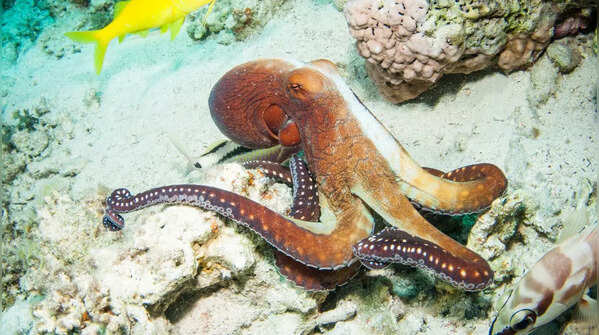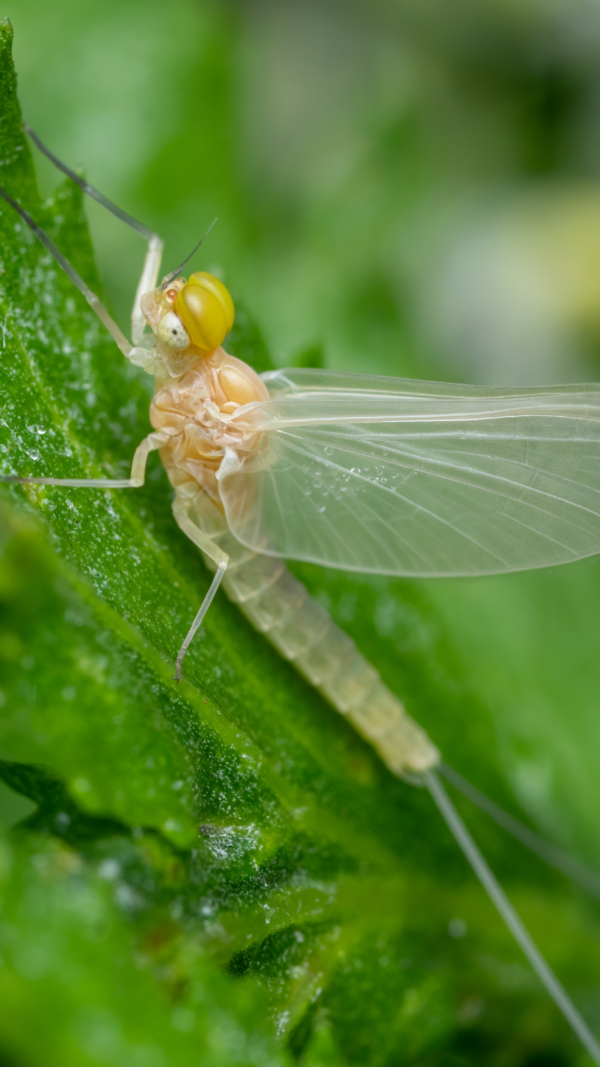8 secrets about octopuses nobody told you until now

8 surprising facts about octopuses
The ocean is full of fascinating life, but few creatures are as mysterious and mind-blowing as the octopus. Known for their quick thinking and incredible adaptability, octopuses have long captured the interest of scientists and ocean lovers alike. But there’s much more to them than what we see in nature documentaries. From their strange biology to their almost alien-like behaviour, these sea creatures continue to surprise us in ways we’re only beginning to understand. Here’s a look at eight surprising facts that show just how extraordinary octopuses really are.

Blue blood
Octopuses have blue blood– and no, it’s not because they’re ocean royalty. Unlike humans, who use iron-based hemoglobin to move oxygen through their bodies, octopuses use a copper-based protein called hemocyanin. This gives their blood a blue tint and helps them survive in the cold, deep parts of the ocean where oxygen levels are low. It’s not about status– it’s about survival.

Three hearts
Imagine having not one, but three hearts working together to keep you alive. That’s how it is for octopuses. Two of their hearts send blood to the gills, while the third pumps it to the rest of the body. But here’s the surprising part– when an octopus swims, the heart that supplies the body actually stops beating. This makes swimming a tiring task for them, which is why they usually prefer to crawl rather than swim.

The power of ink
Octopuses are known for squirting ink when they feel threatened, but it’s not just to hide. The ink contains melanin– the same pigment that gives our skin its colour– and a chemical called tyrosinase. The dark ink makes it hard for predators to see, while tyrosinase also weakens their sense of smell and taste for a short time. This helps the octopus escape more easily.

Masters of camouflage
Octopuses are great at hiding. They can change the colour and texture of their skin to blend in with their surroundings. This is possible because of special skin cells called chromatophores, which move to show different colours. Some octopuses can even make their skin look rough, like rocks or coral. This clever trick helps them stay safe from predators and sneak up on their prey.

Incredible flexibility
With eight flexible arms covered in suckers, octopuses are built for skill and control. Each arm can move on its own, allowing the octopus to do many things at once, like walking, swimming, grabbing food, or exploring. Their arms aren’t just for moving around; they can also handle objects with great care, making octopuses surprisingly good at solving problems and even using simple tools.

Selective feeding habits
Even though octopuses are often seen as creatures that eat whatever they find, they actually have food preferences. In experiments where they were given different options like clams and anchovies, many octopuses kept picking the same food again and again. This shows that, just like humans, they can have favourites, adding yet another interesting side to their behaviour.

Highly intelligent
Octopuses have a very advanced nervous system, with over 500 million neurons, which makes them as smart as some mammals. They can solve puzzles, escape from enclosures, and even use tools. Most of their brain power is in their arms, so each arm acts almost like its own brain, helping them solve problems quickly.

A short life span, but full of action
Octopuses have a surprisingly short lifespan, usually living just a few years. In that time, they stay very active, hunting, exploring, and avoiding predators. After mating, most octopuses die soon after, making their already fast-paced lives feel even more urgent. Their brief but intense lives make them especially interesting to study.








